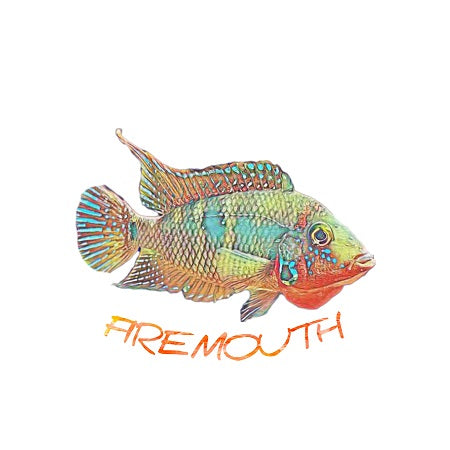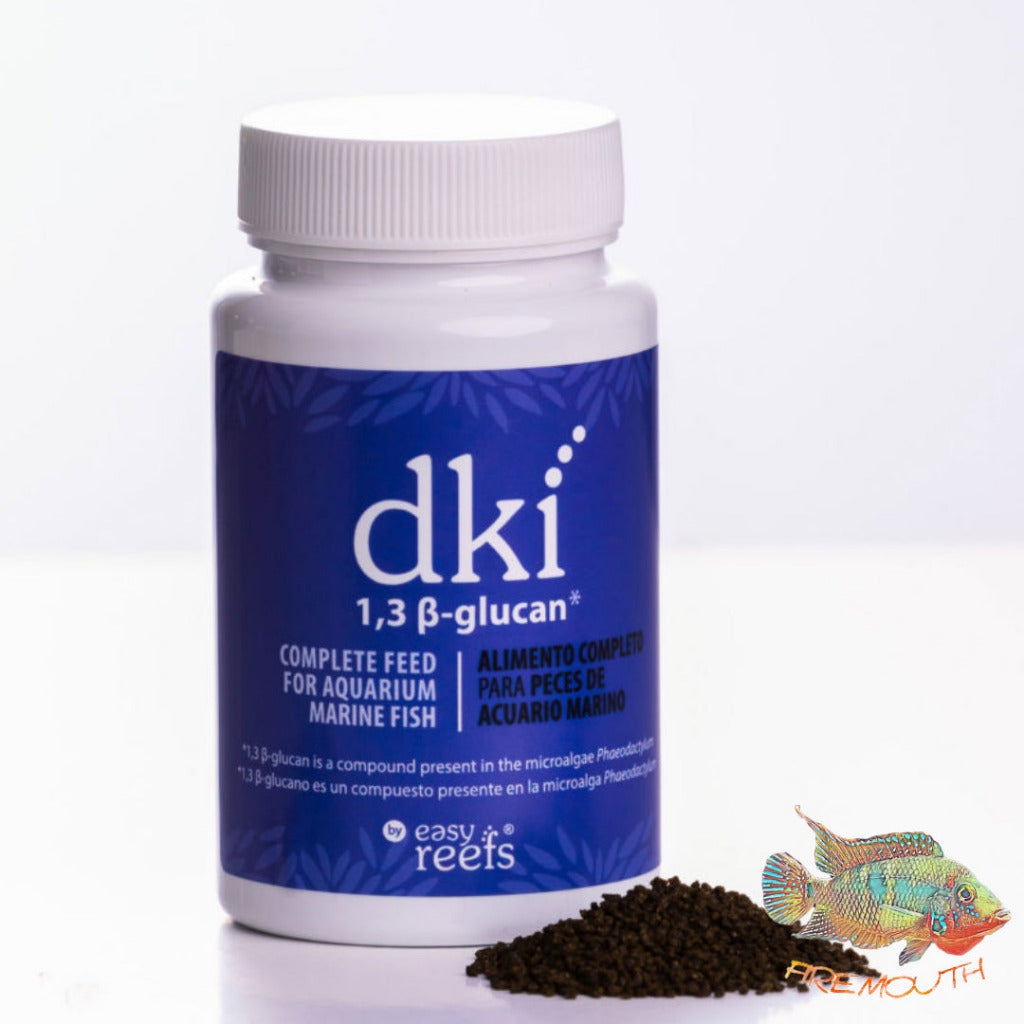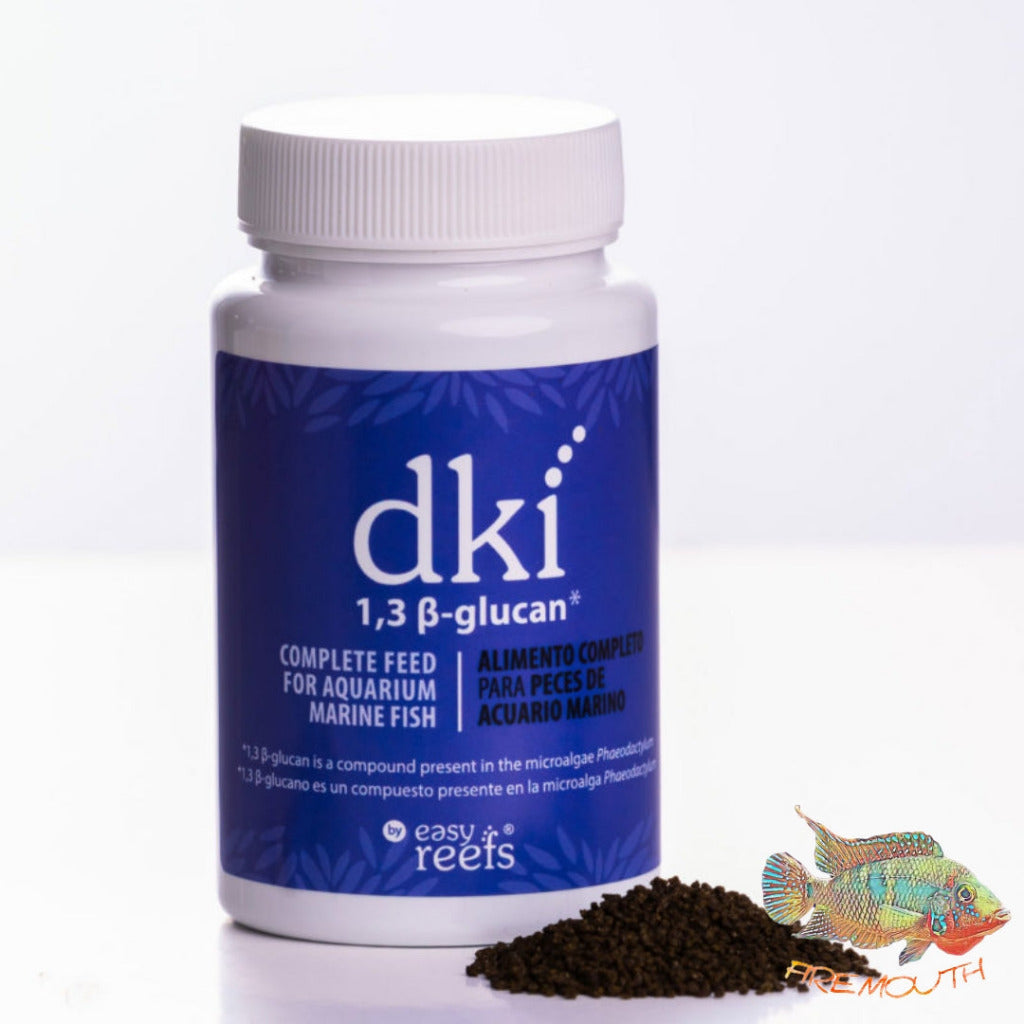Among the known immunostimulant effects of fish diets enriched in P. tricornutum, it is worth highlighting:
i) the increase in the hemolytic activity of complement.
ii) stimulation of the phagocytic activity and respiratory activity of the leukocytes of the cephalic kidney
iii) the increase in serum levels of lgM, the main adaptive humoral response and commonly the only class of immunoglobulin described in fish.
iv) increased expression of IL-8, a proinflammatory cytokine that contributes (acting together with IL-1 and TNFα) to host defense mechanisms in response to bacterial invasion or colonization.
Furthermore, extracts enriched with chrysolaminarin have demonstrated their ability to: i) stimulate the expression of the chaperone hsp90aa and the antimicrobial peptide hamp1, thus modulating the NF-κB pathway and the production of proinflammatory cytokines in macrophages, ii) modulate immune genes key, such as the glucan receptor c-type lectin (clec), interferon-related factors irf3 and irf7, TNFα, the chemokine cxc10, g-type lysozyme, cd4 and IL-1β, supporting a immunomodulatory and anti-inflammatory effect and iii) modulate the intestinal microbiome, reducing bacteria of the Vibrio genus.


